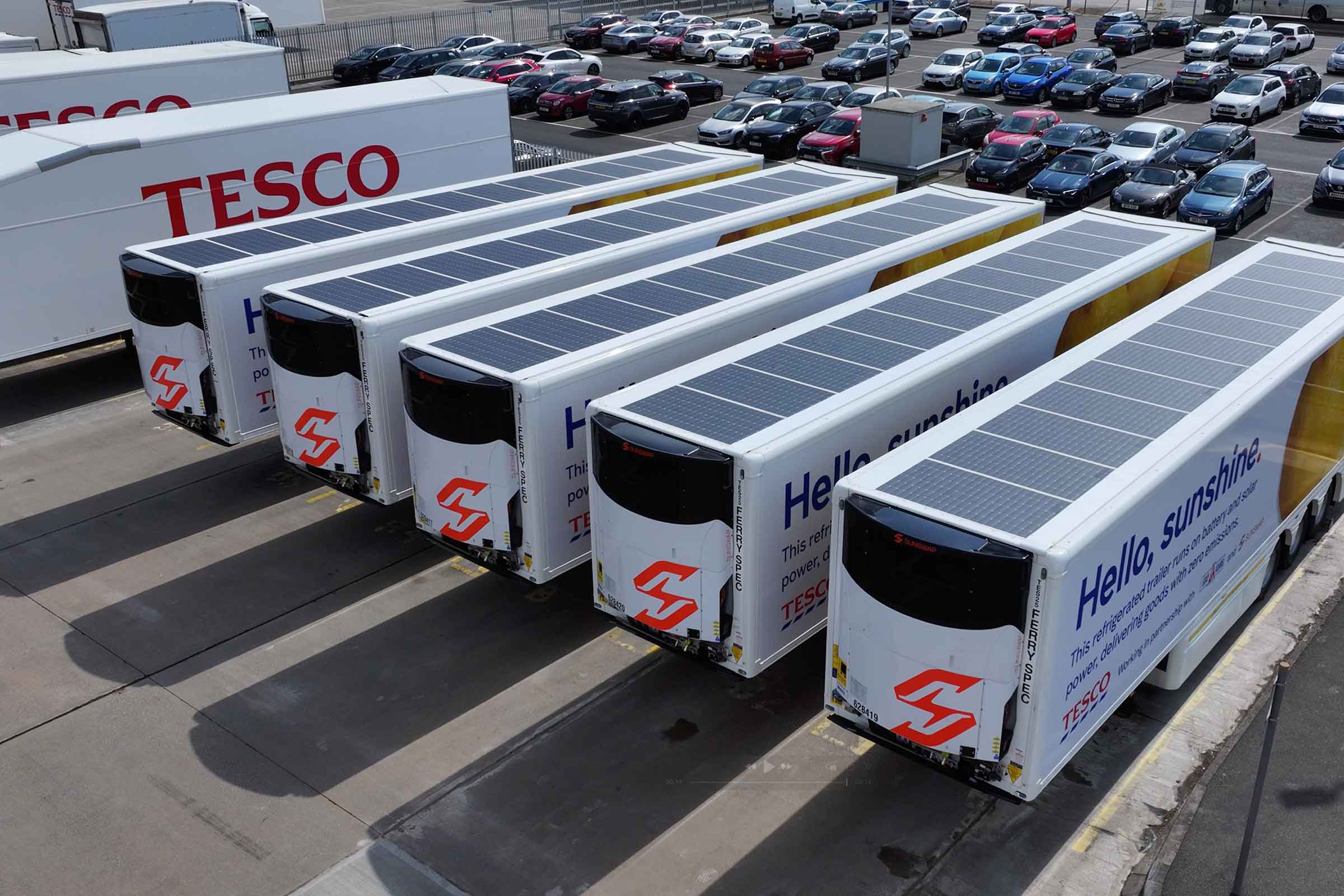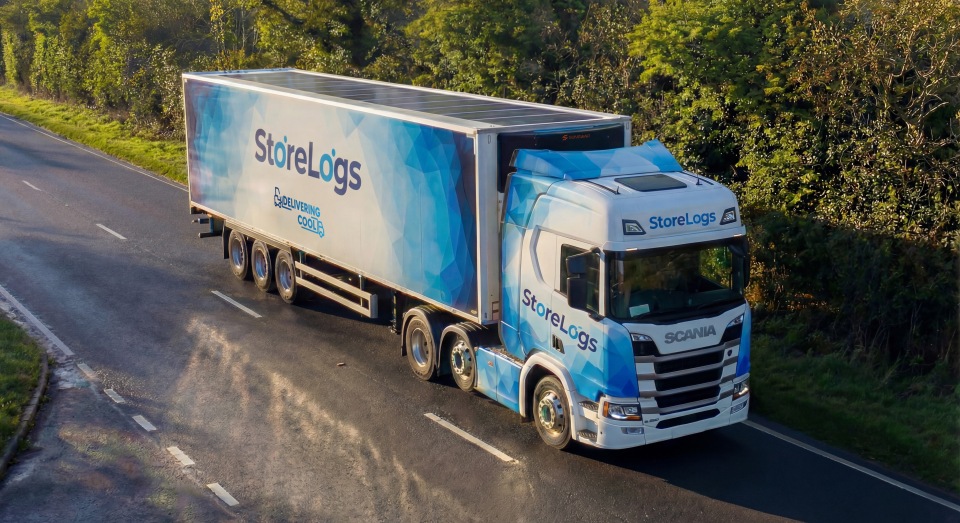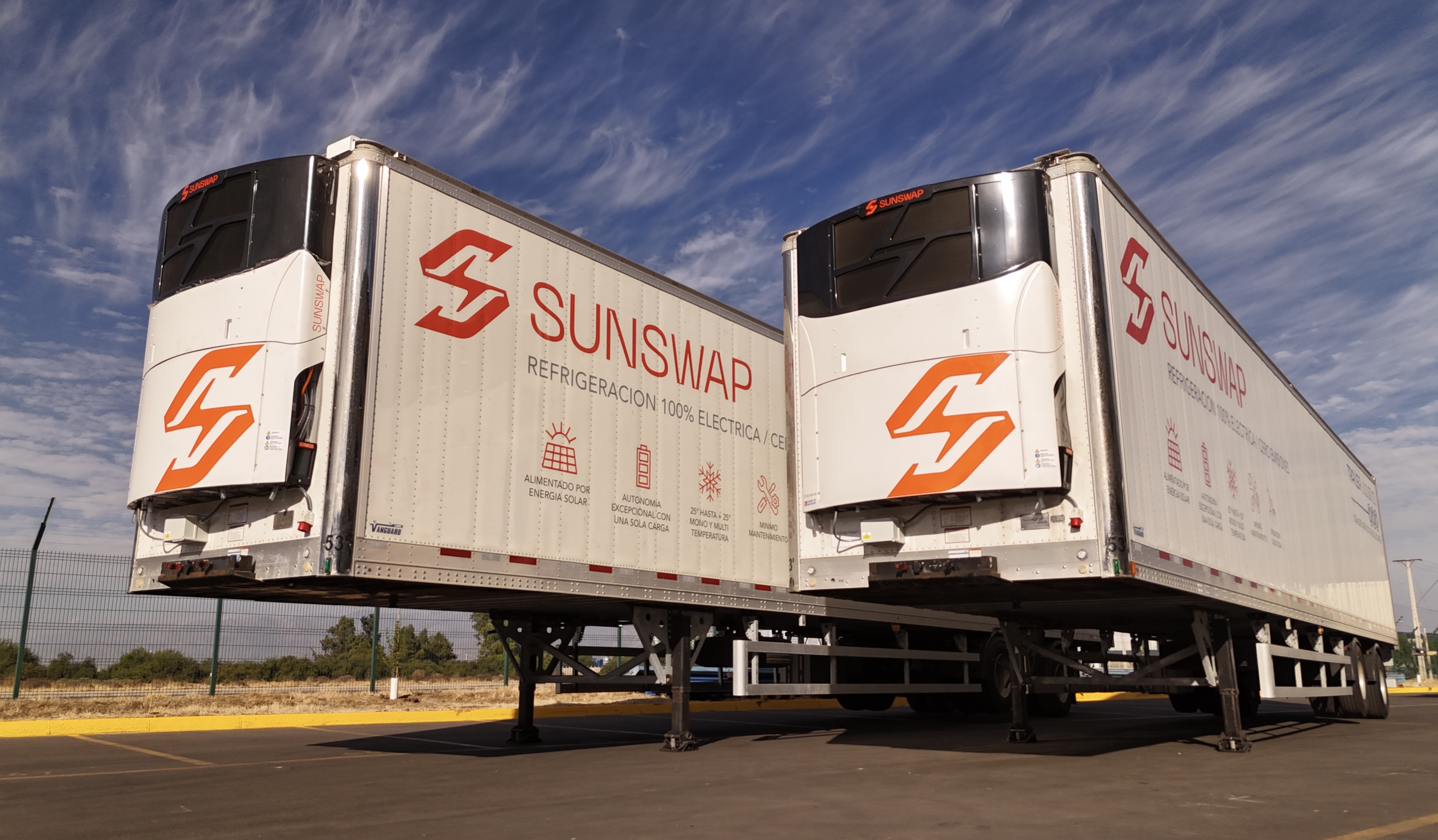The Impact of Diesel Transport Refrigeration: Cenex’s report from project ZERO (Zero Emission Refrigerated Operations)

Cenex is a non-profit transport and energy research consultancy whose transport refrigeration report; project ZERO, ran alongside Sunswap’s initial phases of research and development.
The report breaks down the context of the problem Sunswap has begun to solve: Decarbonising and cleaning up a cold chain which runs on diesel, and is therefore severely lagging in the wider ambition for sustainable food systems and supply chains.
Of course, much of the food we consume every day - alongside medicines and other temperature-sensitive supplies - are transported down the cold chain, but what does its carbon footprint and pollution equate to? Cenex presents their energy modelling alongside economic and environmental analysis to give a strong sense of how Sunswap’s system compares to traditional Transport Refrigeration Units.
While our transport sector moves to lower emission and electric vehicles, the diesel auxiliary engines – which provide power to the refrigeration units on vehicles – continue to pollute. They not only emit carbon dioxide; the main greenhouse gas, but also release nitrogen oxides alongside particulate matter that all harm urban and suburban areas.
Read the full report in the link below
News and Updates
Stay up to date with the latest developments from Sunswap.


.webp)






